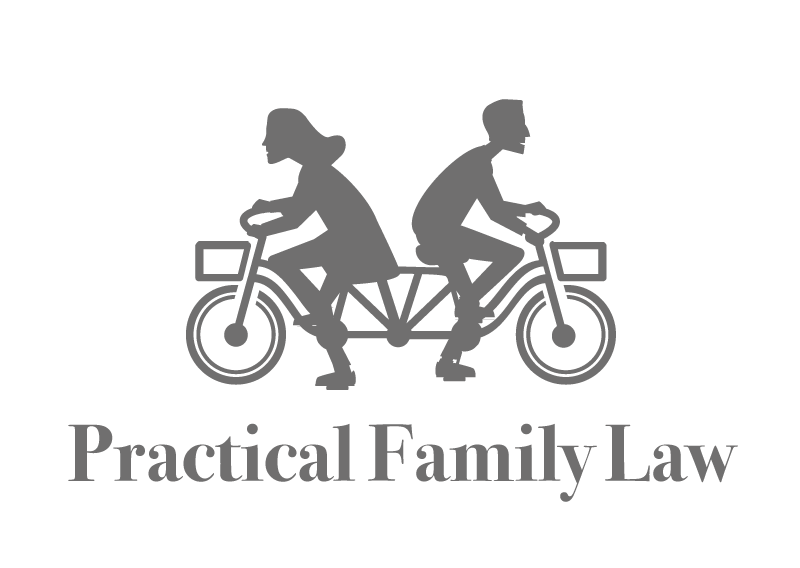If you are seeking help with financial matters, you should speak to our team for advice that is relevant to your case.
Divorce is a stressful and emotionally challenging experience that often involves the division of assets and financial arrangements.
One way to ensure that financial matters are settled fairly and efficiently is to apply for a financial order.
What is a Financial Order?
A financial order is a legal document that sets out the financial arrangements between spouses or civil partners after a divorce or dissolution.
It includes provisions for the division of assets, such as property, pensions, and savings, as well as maintenance payments and other financial arrangements.
A financial order can be agreed upon between the parties and then submitted to the court for approval. Once approved, it becomes legally binding. If an ex-spouse does not comply with a financial order there are legal actions that can be taken.
How Do I Apply for a Financial Order in Divorce?
To apply for a financial order during a divorce, you must complete a form and file it with the court. You will also need to pay a fee.
Once the court has received your application, it will set a date for a first appointment. At this appointment, the court will review the application and discuss the financial arrangements between the parties.
It is important to note that before filing an application for a financial order, many will first attempt to resolve financial matters through mediation. Mediation is a process where an impartial mediator helps the parties to reach an agreement on financial matters.
If mediation is unsuccessful, or one of the parties refuses to participate, then you may apply for a financial order.

What Information is Required for a Financial Order Application?
When applying for a financial order, you will need to provide detailed information about your financial circumstances, including:
- The value of your assets, such as property, savings, and investments
- The value of your pensions
- Your income and expenditure
- Any outstanding debts
- Any financial arrangements in place, such as maintenance payments or child support
It is important to be thorough and accurate when providing this information, as any discrepancies or omissions could delay the application process.
What Happens After an Application is Submitted?
Once your application for a financial order has been submitted, the court will set a date for the first appointment. At this appointment, the court will review the application and discuss the financial arrangements between the parties.
If an agreement is reached, the court will make a consent order, which outlines the terms of the financial agreement. If an agreement cannot be reached, the court may set a date for a final hearing, where a judge will make a decision on the financial arrangements.
Applying for a financial order during a divorce can be a complex and time-consuming process, but it is essential to ensure that financial matters are settled fairly and efficiently.
By following the steps outlined in this post, you can navigate the process with confidence and secure the financial future you deserve. If you need further guidance, our team of family law solicitors can help you to understand your options and support you throughout the process.
This page should be considered information only and should not be used in the place of legal advice. To discuss your own case, speak to our team.
How can you get help?
Our team of highly experienced family solicitors operate mostly in Birmingham and the Midlands, offering their expertise on a wide range of services.
To get in touch with our family law solicitors Mark Buttery and Laura Lambert, you can visit our contact us page, or contact us directly via the below details.
Laura Lambert: 07726329370 | laura@practicalfamilylaw.com
Mark Buttery: 07726157297 | mark@practicalfamilylaw.com

